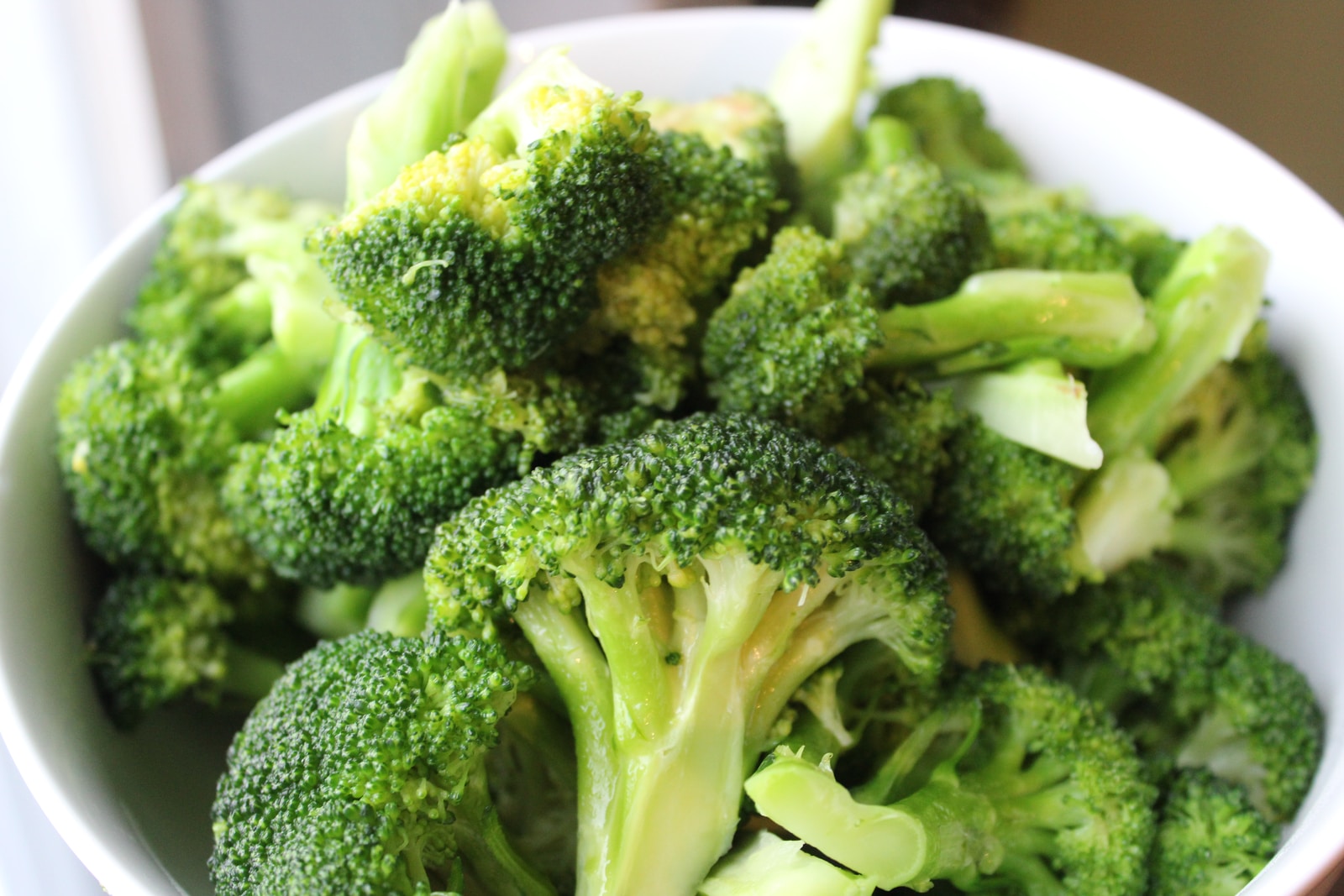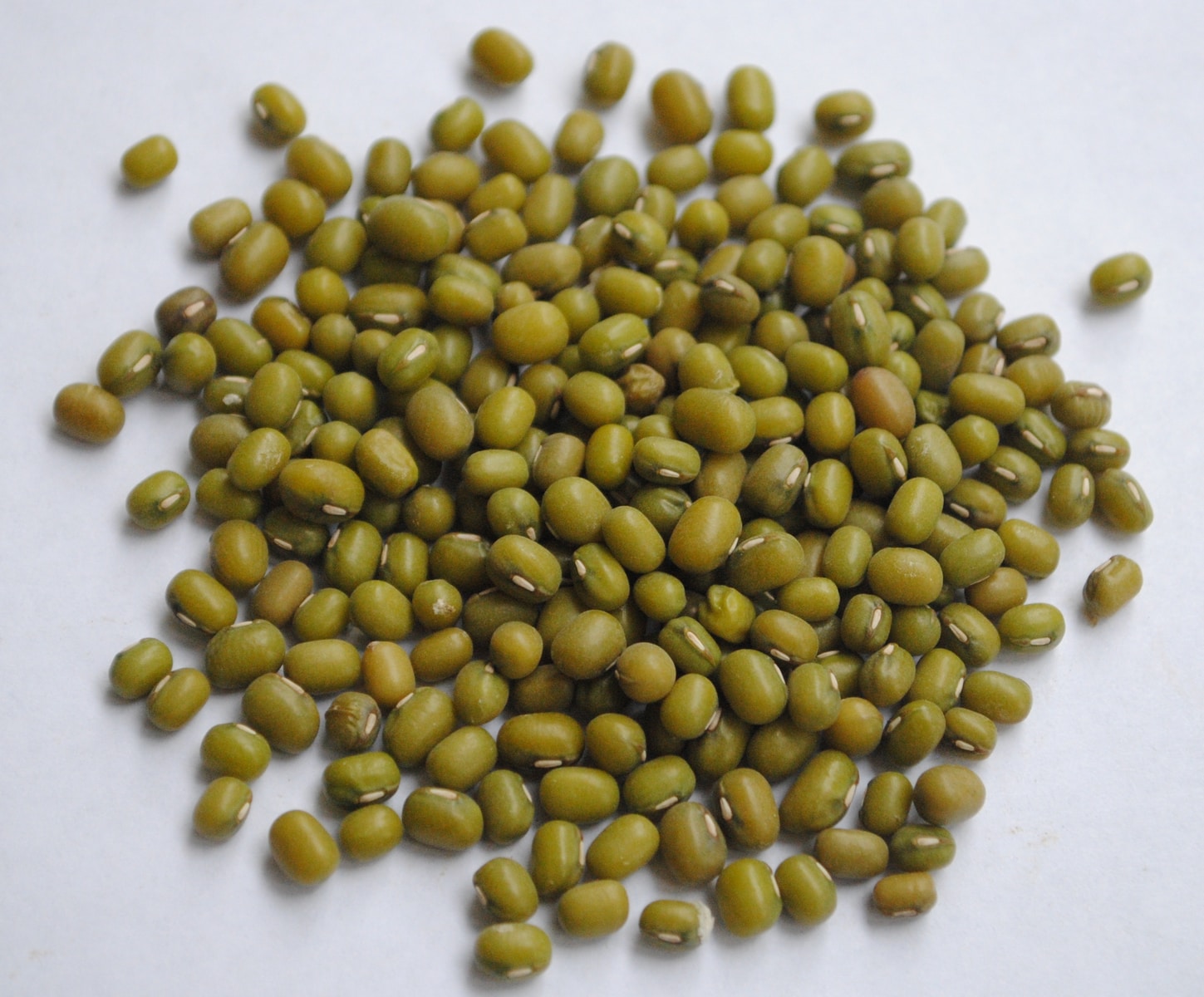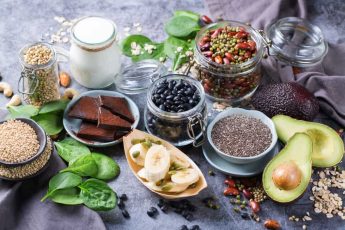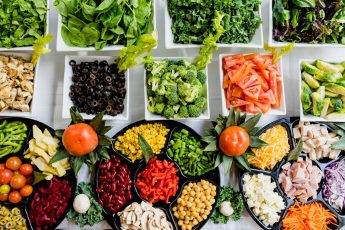Potassium for human health – functions, deficiency and excess in the body
Potassium is one of the body’s primary and essential electrolytes, calcium, magnesium, and sodium. It performs many crucial functions in the human body, and its deficiency has serious health consequences.

What does potassium do and what foods contain it?
Potassium is a critical element in the human body and is responsible for many processes. It is involved in transmitting electrical impulses between cellular structures and determines muscle tension and blood pressure.
This essential macronutrient does not act alone but often together with sodium. This is why maintaining the correct concentration of these elements is necessary for vital functions at the cellular level.
Its most important tasks include:
- regulation of water management,
- maintaining an appropriate acid-alkaline balance,
- regulation of pH in intracellular fluid,
- regulation of osmotic pressure,
- activation of many enzymes,
- creation of cell membrane action and resting potential,
- regulation of arterial pressure,
- participation in insulin secretion.
Symptoms of potassium deficiency
The daily requirement for potassium is 4,700 mg. This level is easily achieved with a diet containing many foods rich in this electrolyte. Too low a level of the element is detected when its concentration in blood serum falls below 3.6 mmol/L. In medical terminology, this condition is called hypokalemia.

If you follow a balanced menu, you are not afraid of potassium deficiency. Symptoms you should be concerned about include muscle weakness, painful cramps in the calves, uncontrollable muscle twitching, nervous system complaints, constipation, fatigue and sleepiness, apathy, and in some cases, hyperactivity and difficulty concentrating.
The condition of hypokalemia can have severe consequences for your circulatory and cardiovascular systems. Untreated hypokalemia can lead to dangerous heart arrhythmias, among other things.
Symptoms of excess potassium
At the other end of the spectrum of conditions caused by potassium, the disorder is an excess of potassium. The symptoms of this condition are pretty unambiguous and easy to detect. They include, among other things, irregular heartbeat, dizziness, impaired balance, tingling in the extremities, and frequent muscle pain.
Excess serum potassium is called hyperkalemia and is often the result of an improperly balanced diet rich in potassium-rich foods. The most common subtype of this condition is hyperkalemia caused by hypertension.
List of foods that contain potassium
What does potassium contain?
The average dietary intake of potassium ranges from 2,500 to 3,900 mg per day. To properly plan your daily menu and include quality sources of potassium, you should know what foods contain this element. Fresh fruits and vegetables are very high in this electrolyte, but these are not the only recommended foods you have on hand. Cereals, dried fruits, and many types of meat and fish are also rich in potassium.
Are you preparing your menu for next week?
Don’t forget to include the right foods on your shopping list. We may mention the following here:
- Legumes, such as soybeans, peas, lentils;
- cruciferous vegetables such as broccoli;
- tomatoes;
- parsley leaves;
- dried figs;
- melon;
- avocado;
- egg whites;
- pistachios;
- coconut shrimp;
- pumpkin seeds;
- sunflower seeds;
- beef;
- veal;
- goose breast.

Potassium deficiency – how to quickly replenish potassium
Want to know how to quickly replenish your potassium supply because studies have shown a significant potassium deficiency? It’s easy to introduce potassium-containing foods because there are tons of them in every store. The best thing to do is make a quick change in your diet.
Do you like salads? Start adding nuts to your dishes – they’re great as a sprinkle. Add boiled broccoli and a handful of spinach, and garnish your morning sandwiches with avocado paste.
Effective ways to lower blood potassium levels
The solution to lowering blood potassium levels is the low-potassium diet. As the name implies, it involves eliminating foods rich in potassium from the menu. A low-potassium diet should be low in fat. Boil, stew, steam, and bake foods, avoiding frying.
An additional option that you can use in cooking is the double cooking method. When processing the vegetables, first soak them in water for 30 minutes at the rate of 10 parts water to one part of the vegetables. After this time, you should rinse the vegetables under running water. It is worth repeating this activity many times.

Then you need to fill the prepared vegetables with a new portion of water and cook for three to six minutes. The last step is to pour the water out of the pot and add a fresh one, which you should boil. The method described above reduces the potassium content of the food.
Supplements: when to take potassium
The answer is straightforward. Mild deficiencies are usually easy to correct with diet. You can think about adding potassium when you notice the first symptoms caused by low potassium concentrations. If the symptoms of potassium deficiency worsen, it’s worth doing more tests to confirm that your assumptions are correct.
If you choose to take potassium supplements orally, it is best to take them with meals without chewing the tablet. Before introducing any supplements with this macronutrient into your daily routine, it is worth consulting your family doctor or dietitian to see if you need additional support in the form of such preparations.











